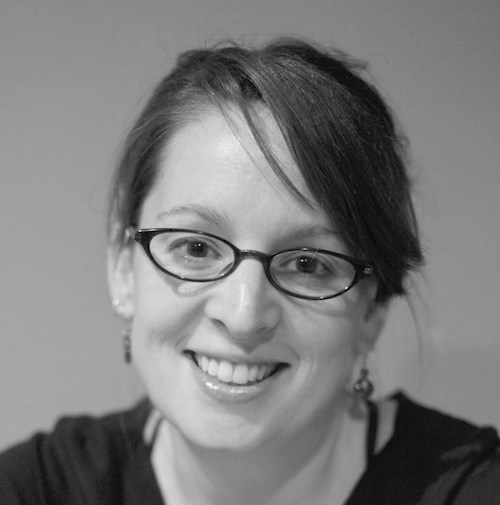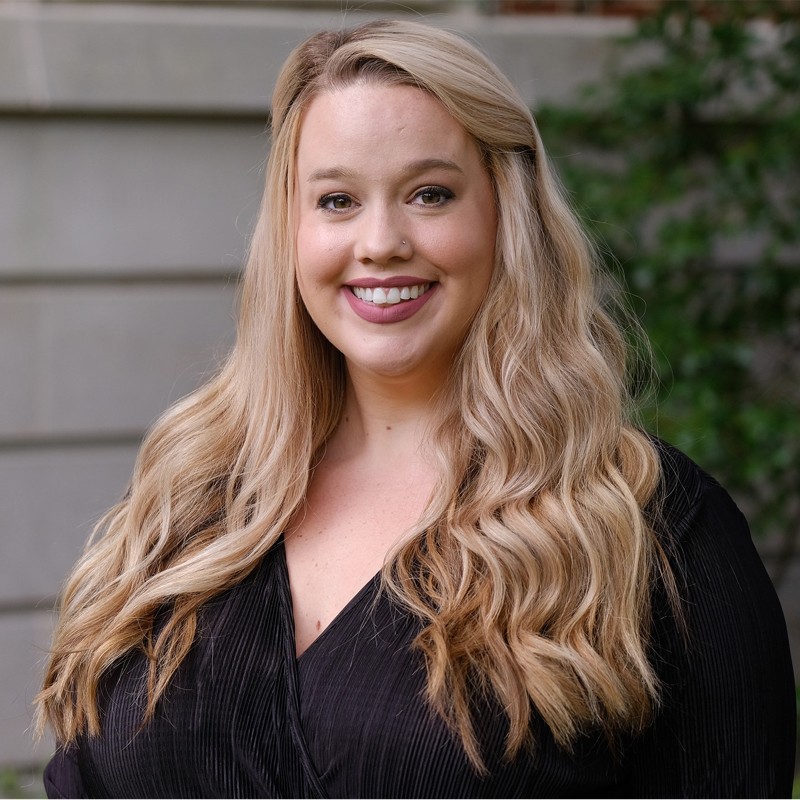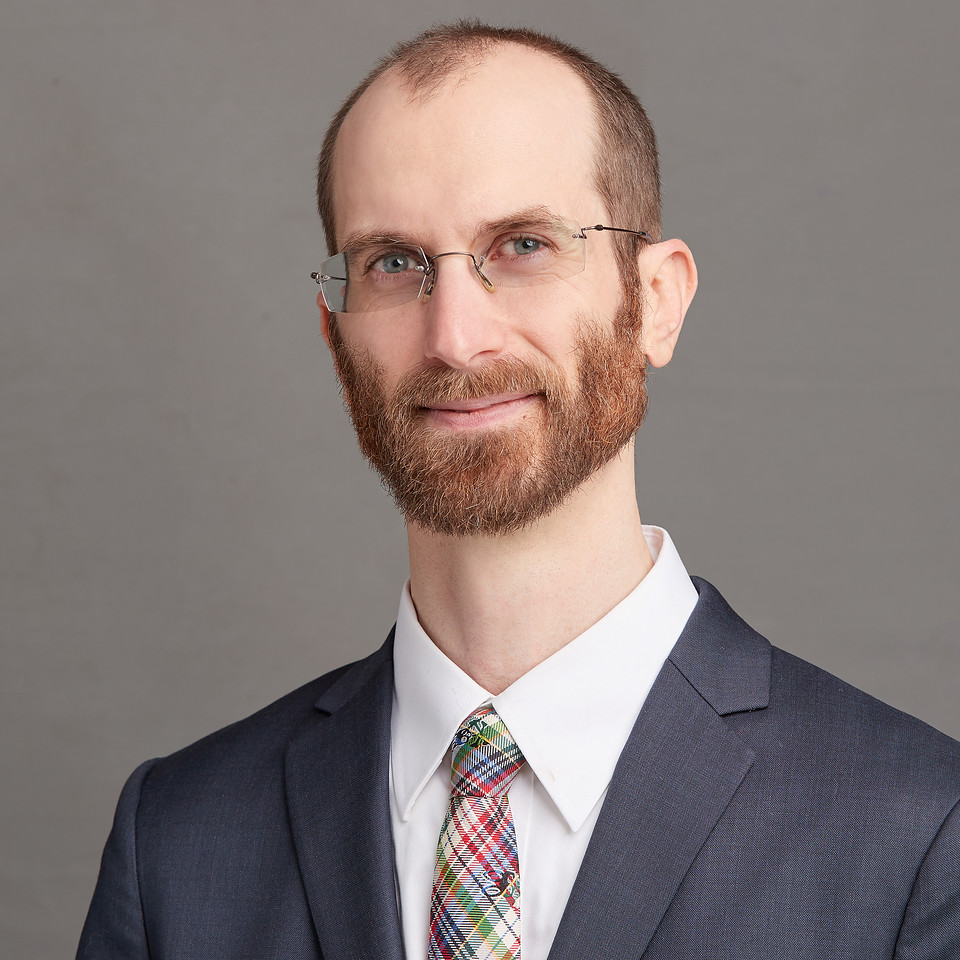Leah Windsor, PhD
Director
Leah C. Windsor (PhD, University of Mississippi) has written 27 articles, one book, The PhD Parenthood Trap (Georgetown University Press), six book chapters, five refereed conference proceedings, and accrued $2.9 million in external funding from the Department of Defense, the National Science Foundation, and the US Department of Agriculture. She specializes in computational linguistics research on politics and society, focusing on governance, change, and multimodal communication. Her work has appeared in PLOS ONE, Political Communication, Trends in Genetics, and the Journal of Wine Research. She has won the International Studies Association’s Hermann Textual Analysis Award three times. From 2020-2023 she served as a Krulak Center Non-Resident Fellows Program of the Marine Corps University. Her book with Kerry F. Crawford, The PhD Parenthood Trap (Georgetown University Press), focuses on gender and bias in family formation in academia. Currently, she serves on the Faculty Senate Executive Committee at The University of Memphis, on the Nominating Committee, Professional Rights and Responsibilities Committee, and Executive Committee for the International Studies Association, and on the Editorial Boards of International Studies Quarterly, International Studies Perspective, and Text as Data.

Bonny Banerjee, PhD
Associate Professor, Electrical and Computer Engineering
The goal of Dr. Bonny Banerjee’s research is to understand how perception and action give rise to cognition from a computational perspective and use that knowledge to build artificial systems that can perceive, act, reason, and learn from spatiotemporal data in multiple modalities. His research exists at the confluence of artificial intelligence, machine learning, cognitive science, and computational neuroscience, with applications to the Internet of Things, healthcare, transportation, security, and surveillance.

Shelbi Kuhlmann, Phd
Assistant Professor, Psychology
Dr. Kuhlmann’s research, she seeks to understand the cognitive, metacognitive, and motivational processes involved in learning complex information in STEM. In her research, she seeks to understand how students learn from generative strategies and well-designed multimedia technologies. She uses various methods and data streams to conduct her research, including highly controlled lab-based experiments and authentic quasi-experimental classroom studies, as well as learning analytic methods like click stream data and data mining techniques.

Kelsey Mankel, PhD
Assistant Professor, Communication Sciences and Disorders
Dr. Mankel’s research focuses on the dynamic interplay between auditory perception, cognition, and neuroplasticity. Employing a multifaceted approach that spans both basic science and clinical applications, she investigates how the brain encodes complex sounds like speech and music along the auditory hierarchy. Additionally, her work explores how this process changes with diverse experiences (e.g., music training, lifetime noise exposure) and the influence of individual differences in shaping auditory perception abilities.

Andrew Olney, PhD
Professor, Psychology
Dr. Olney’s primary research interests are in natural language interfaces. His current projects focus on task-oriented natural language interfaces with a specific focus on conversational intelligent tutoring systems, computational representations of meaning, and dyadic interaction and engagement.

Philip Pavlik, PhD
Associate Professor, Psychology
Dr. Pavlik’s research focuses on bridging the divide between laboratory cognitive science and applications to help real students. His current work continues to bridge this gap by developing practice software for students in Anatomy and Physiology classes. This software includes a highly adaptive algorithm designed to present practice at an optimal level of challenge for the learner to maximize their efficiency.

